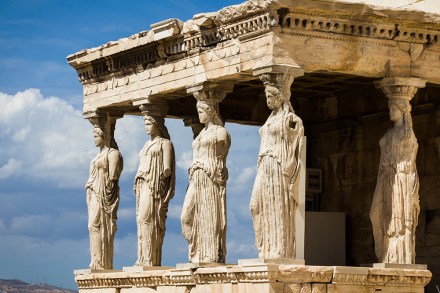What the newspapers reported in ancient Rome
Nero’s personal amphitheatre, recently discovered near the Vatican, was praised to the skies in the ancient Romans’ ‘newspaper’. The historian Tacitus commented drily that it ought to carry stories of much greater historical merit. The ‘newspaper’ was the Acta Diurna (‘Daily Events’), written on papyrus by actuarii, posted up on an Album (whiteboard) in the Roman forum and elsewhere, and left for a few days before being taken down and put into storage for future reference (no copies survive). It was Julius Caesar’s ‘very first act as consul (59 bc) to ensure that the proceedings both of the Senate and of the people should be published daily’. Covering a huge




















